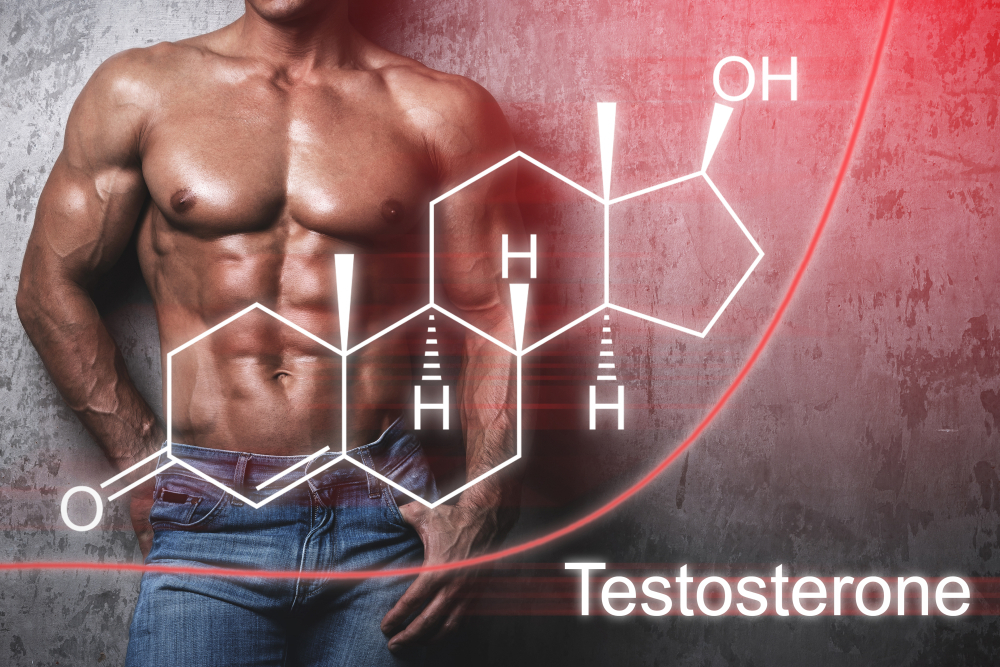Currently, there is no effective for metastatic breast cancer after surgery, radiation, and chemo have been used against the primary tumor. Because curcumin suppresses nuclear factor-κB (NF-κB) activation and most chemotherapeutic agents activate NF-κB that mediates cell survival, proliferation, invasion, and metastasis, we hypothesized that curcumin would potentiate the effect of chemo in advanced breast cancer and inhibit lung metastasis. We tested this hypothesis using paclitaxel (Taxol)-resistant breast cancer cells and a human breast cancer xenograft model. As examined by electrophoretic mobility gel shift assay, paclitaxel activated NF-κB in breast cancer cells and curcumin inhibited it; this inhibition was mediated through inhibition of IκBα kinase activation and IκBα phosphorylation and degradation. Curcumin also suppressed the paclitaxel-induced expression of antiapoptotic (XIAP, IAP-1, IAP-2, Bcl-2, and Bcl-xL), proliferative (cyclooxygenase 2, c-Myc, and cyclin D1), and metastatic proteins (vascular endothelial growth factor, matrix metalloproteinase-9, and intercellular adhesion molecule-1). It also enhanced apoptosis. In a human breast cancer xenograft model, dietary administration of curcumin significantly decreased the incidence of breast cancer metastasis to the lung and suppressed the expression of NF-κB, cyclooxygenase 2, and matrix metalloproteinase-9. Overall, our results indicate that curcumin, which is a pharmacologically safe compound, has a therapeutic potential in preventing breast cancer metastasis possibly through suppression of NF-κB and NF-κB–regulated gene products.

Exploring the Benefits of IV Therapy: What You Need to Know
As healthcare continues to evolve, IV therapy has emerged as a popular method of delivering essential nutrients directly into the

